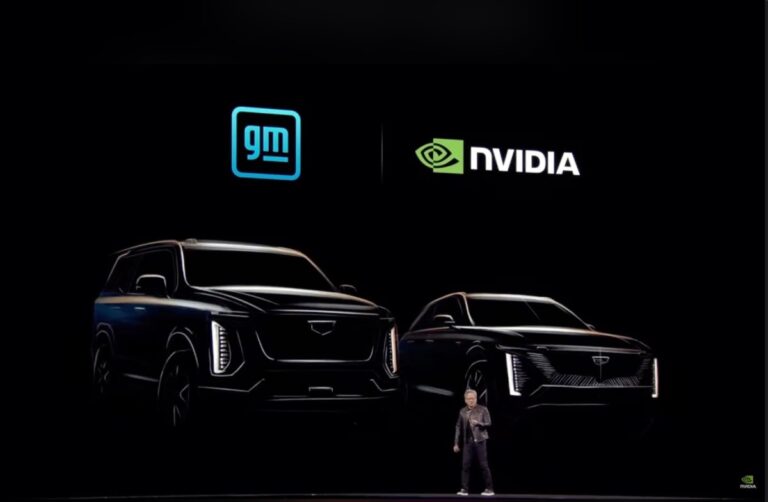Daqus Energy’s Game-Changing Plan: Fast, Lightweight, and Affordable EV Sports Cars!
In the pursuit of the ideal battery, the quest for a solution that is cheaper, lighter, and denser continues. While a perfect battery cell remains elusive, a promising startup, Daqus Energy, believes it has discovered a groundbreaking material that addresses two of these critical challenges.
Introducing Daqus Energy and TAQ
Operating quietly for the past few months, Daqus Energy has been refining a new compound called TAQ, which holds the potential to be both cost-effective and lightweight compared to existing battery materials. According to Harish Banda, the co-founder and CEO of Daqus, “We have not seen a metric at which TAQ does poorly compared with the incumbents.”
The Origins of TAQ
Daqus Energy was spun out of MIT, with research funding partially coming from a partnership with Lamborghini. While the company is still in the early stages of scaling production, the promise of TAQ is strong enough that Daqus is emerging from stealth mode with a successful $6 million seed funding round, led by Morningside, along with participation from individual investors.
Advantages of TAQ Over Traditional Battery Materials
TAQ serves as a replacement for the cathode in conventional lithium-ion batteries. Typically, these cells use:
- Nickel-Manganese-Cobalt (NMC): Offers high energy density and longer range, but is more expensive.
- Lithium Iron Phosphate (LFP): Cheaper but heavier, with most materials sourced from China.
As U.S. and European automakers shift from NMC to LFP to reduce costs, the reliance on foreign materials presents challenges for domestic EV manufacturers seeking to qualify for tax credits.
What Makes TAQ Unique?
TAQ, or bis-tetraaminobenzoquinone, is made from readily available carbon-based compounds, eliminating the need for costly critical minerals like nickel or cobalt. The manufacturing process is also significantly more efficient:
- Utilizes inexpensive raw materials costing approximately $1 per kilogram.
- Requires only heating to 120°C, drastically lower than the 700°C to 800°C needed for LFP or NMC cathodes.
This efficiency allows TAQ to be integrated into existing manufacturing lines with minimal modifications, including using water as a solvent instead of toxic NMP.
Performance and Durability of TAQ Batteries
Daqus has been producing coin cells in its Massachusetts lab, demonstrating that TAQ batteries are durable and efficient:
- They can be charged and discharged up to 2,000 times while retaining at least 80% capacity.
- They exhibit stability at high temperatures and can potentially support six-minute fast charging for electric vehicles.
Potential Impact on Electric Vehicles
While TAQ cathodes may occupy more space than NMC, they are competitive with LFP in terms of size. The reduced weight of TAQ allows for lighter EV designs, potentially increasing range and efficiency. This innovation could be particularly beneficial for sports cars, where weight reduction is crucial for performance.
As Banda states, “Lots of car companies in the world are trying to make electric cars. What’s the difference between a Rolls-Royce and a Tesla? The core of the car has shifted from the engine to the battery.”
For more insights into advancements in battery technology, visit our related articles on battery innovations and electric vehicle trends.







